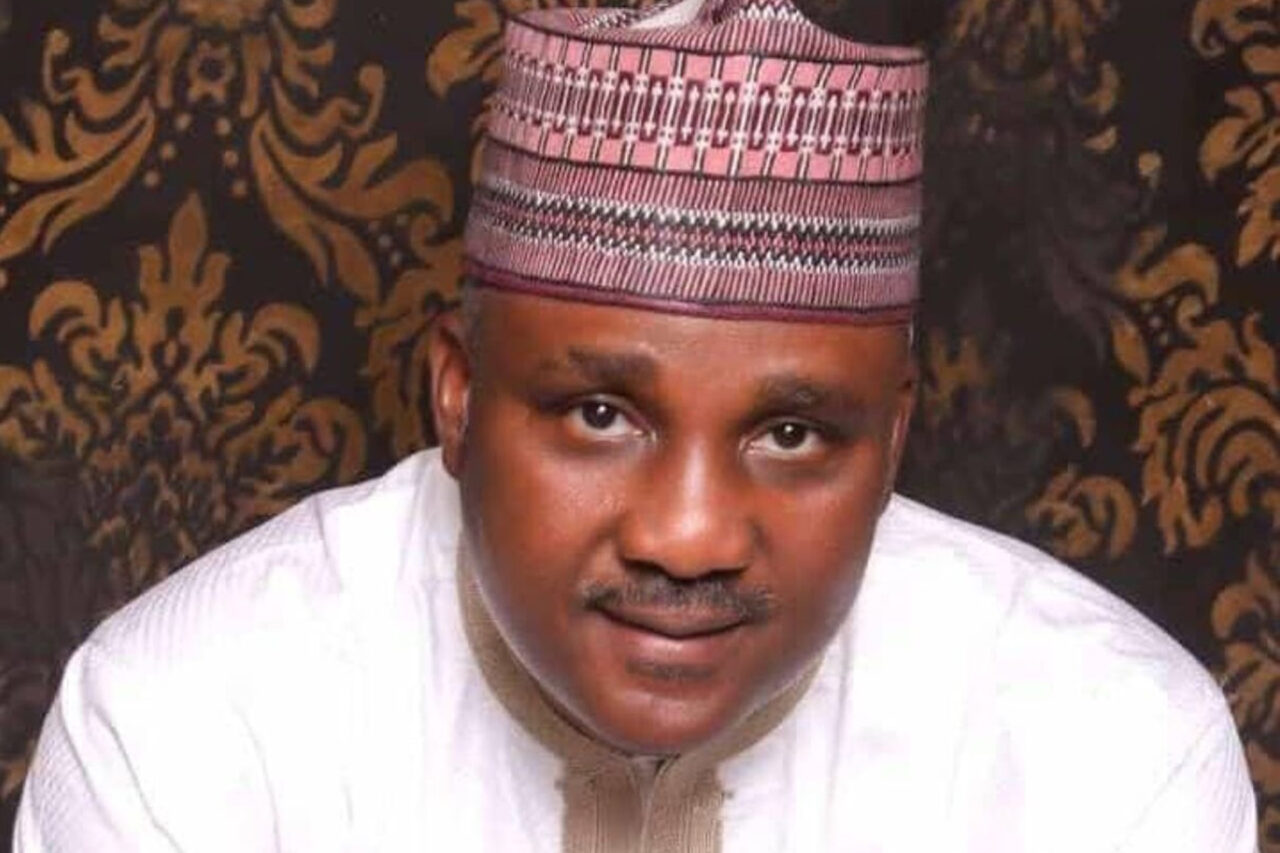Rt. Hon. Tajudeen Abbas, Speaker of the House of Representatives, has described the Compressed Natural Gas (CNG) policy as a cornerstone of Nigeria’s clean energy transition, highlighting its potential to provide a safer, cleaner, and more cost-effective alternative to petrol, particularly in the transportation sector.
Speaking at an investigative hearing convened by the House Ad-hoc Committee on the Implementation of the CNG Policy on Thursday, Abbas, represented by Hon. Sada Soli (Jibia/Kaita Federal Constituency, Katsina State), noted that Nigeria’s vast natural gas reserves make CNG a practical choice for advancing energy security, economic diversification, and environmental protection.
He said the purpose of the hearing was to evaluate the policy’s implementation, identify challenges, and ensure its execution aligns with principles of transparency, safety, and public benefit.
The Speaker reminded stakeholders that the CNG initiative was introduced by the Federal Government as a strategic response to the fuel subsidy removal, with the promise of reducing transportation costs, improving air quality, and stimulating growth in the gas industry.
He, however, expressed concern over reported delays, infrastructural gaps, and questions about safety and sustainability.
“As the House of the people, we owe Nigerians accountability on how this policy is being executed. Are the funds allocated being used effectively? Are Nigerians experiencing the benefits? Are safety and environmental benchmarks being met?” he asked.
He called on all stakeholders to engage with sincerity and patriotism, stressing that the exercise was not a witch-hunt but a platform to find lasting solutions and ensure successful rollout.
Hon. Jaha Ahmadu Usman, Chairman of the Ad-hoc Committee, has cautioned that the policy, though ambitious, could collapse without urgent reforms, transparency, and effective oversight.
He raised issues of accessibility, equity, and sustainability in its implementation and stressed the need to examine safety standards, the distribution of conversion centres, alignment with international best practices, and the sufficiency of Nigeria’s legal and regulatory framework.
According to Usman, the committee would also examine the handling of public and private investments in the initiative.
He noted that the panel had requested detailed documentation from key Ministries, Departments, and Agencies (MDAs), including the Ministries of Petroleum (Gas), Finance, Transportation, and Environment, as well as agencies such as NMDPRA, NUPRC, FRSC, SON, NEITI, Customs, and the National Bureau of Statistics.
While upstream oil operators clarified that they’re not involved in CNG distribution or infrastructure, Usman charged all industry players, from upstream to downstream to collaborate on a roadmap for local production and sustainable rollout of the initiative.
“If this programme is underperforming, we must understand why and propose actionable remedies. If it’s progressing, we’ll recognise and document the gains,” he said.
Project Director of the Presidential CNG Initiative (PCNGi), Mr. Michael Oluwagbemi, disclosed that the number of conversion centres has grown from seven to 300 across 24 states. He noted that the Initiative is in partnership with various sectors to convert vehicles free of charge, and emphasised a zero-tolerance stance on corruption, citing the dismissal of two staff members over misconduct.
He sought increased funding to support further conversions and capacity building for Nigerian youths as the Initiative prepares to launch its second phase.
Speaking on behalf of the Minister of State for Petroleum Resources (Gas), the Permanent Secretary, Mr. Vitalis Ibe, stated that the Federal Government has put in place plans to expand CNG conversion infrastructure nationwide. He said the policy, which is pocket-friendly and climate-friendly, is gaining public acceptance due to its safety and affordability.
Also addressing the hearing, Executive Vice President (Gas) of the Nigerian National Petroleum Company Limited (NNPCL), Mr. Lekan Ogunleye, commended President Tinubu’s administration for reviving the long-dormant policy.
He said the NNPCL has appointed a focal officer to liaise with investors and that essential infrastructure is already in place to support the initiative. According to him, the NNPCL aims to provide a 50 percent discount on vehicle conversions to Nigerians.
Transport unions, including the National Union of Road Transport Workers (NURTW) and the Road Transport Employers Association of Nigeria (RTEAN), endorsed the policy, commending its safety and efficiency. However, they called on the government to ensure equitable access to the benefits of the programme across all states.
The Federal Road Safety Corps (FRSC) also pledged full support for the CNG initiative, describing it as environmentally responsible and economically viable. The Corps urged the National Assembly to strengthen implementation through legislative and budgetary support.
- Atiku Seeks Unconditional Release Of Abubakar Musa, Others - January 13, 2026
- Court Remands Students, Others Over Ekpoma Protests - January 13, 2026
- EFCC Debunks Allegations Of Bias In Malami’s Trial - January 13, 2026

